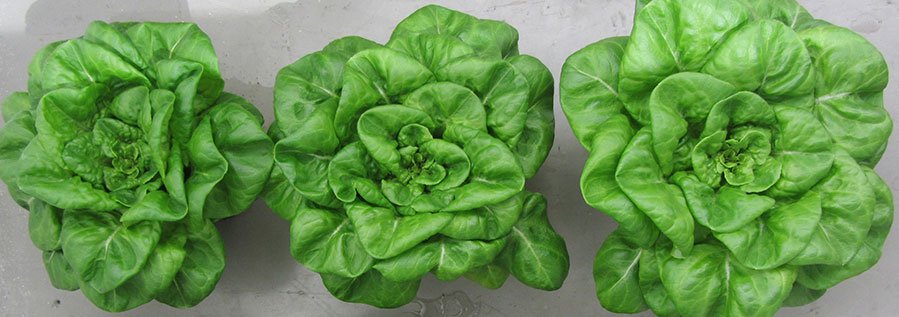The Power of pH
Every grower knows pH is an important measurement for any fertilizer input. And most growers have instruments to measure their feed solution. Most also know that the pH of the medium is a big factor in the availability and absorption of nutrients. What fewer growers understand is the importance of the pH of the plant itself.
When a homeopathic doctor takes a blood sample, one of the first items they test is your pH. You can also test your pH (urine or saliva) with litmus paper. Your body’s pH level is a key indicator of your overall health. Low pH (acid) is a direct invitation for fungal diseases and pathogens. Higher pH allows your body to better mineralise and improve natural resistance. Simply said, bad things like acid, good things like alkaline.
Plants are living biochemical systems just like human beings and the same rules are applied. For example, if you have a plant infected with powdery mildew (fungal disease), pH analysing will indicate a low plant sap pH (under about 5,5). The good news is if the plant sap pH is raised, powdery mildew will not be attracted, because the plant is well mineralised and will send different frequency signals that will not attract fungus.
There are many plant protection products that treat fungal problems. Often they have a negative impact on the quality (residues). Avoiding fungal diseases can be done in 2 ways, either by (preventive) applications of fungicides (risk of residues, negative impact on health) or by optimising the plant’s mineralisation and natural resistance. Managing plant sap pH is a perfect tool for this.
The best approach is to keep a plant healthy from the beginning by balanced nutrition and stimulation of plant resistance. Aptus Regulator is the perfect tool to achieve these goals as it acts as a plant nutrition manager and improves plants resistance by mechanical effects in plant tissue as well as boosting the plants defence system.





